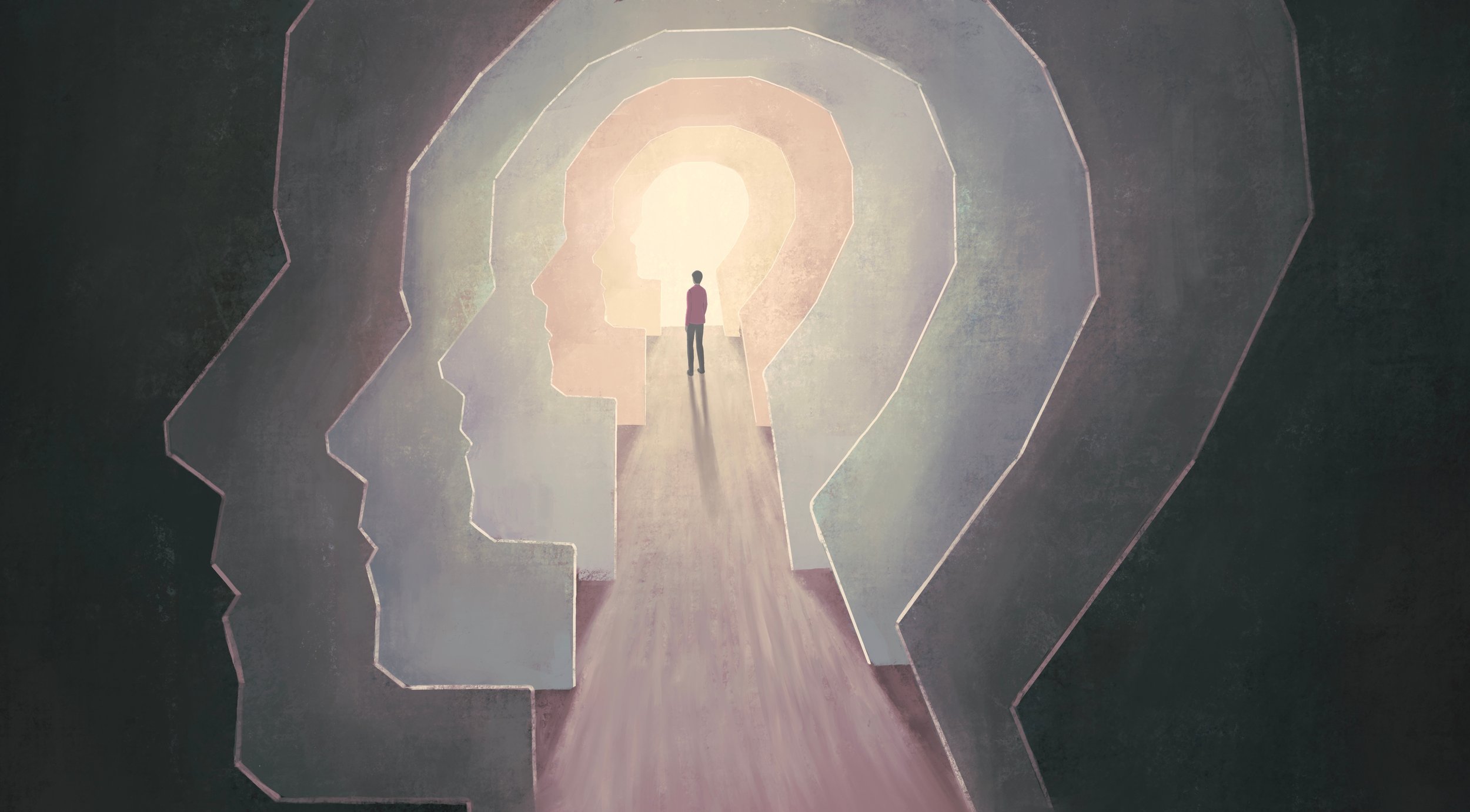Practicing Intentional Loneliness a.k.a. Solitude
You would think that in a world that is so “connected” via the internet and various other technologies, that loneliness would not be a main struggle we have as a society or as a species. However, the epidemic of loneliness continues to spread. That feeling, the feeling of loneliness, or rather the fear of being alone, is so powerful that I have seen it lead to individuals tolerating, or even inflicting, other kinds of pain and suffering just to avoid it.
Philosopher Blaise Pascal said, “All of humanity’s problems stem from man’s inability to sit quietly in a room alone.” There has been research (Univ. of Virginia) to suggest that people struggle with being alone just with their own thoughts to the extent that they would accept an electric shock vs. being alone for only 15 mins.
“Alone. Yes, that's the key word, the most awful word in the English tongue. Murder doesn’t hold a candle to it and hell is only a poor synonym.” - Salem’s Lot - Stephen King.
An interesting concept when it comes to loneliness is objective vs subjective reality and experiences. It is in fact possible for an individual to be objectively surrounded by others, and yet subjectively feel alone. Researchers out of the University of Chicago, Hawkley and Cacioppo state that “Loneliness is synonymous with perceived social isolation, not with objective social isolation. People can live relatively solitary lives and not feel lonely, and conversely, they can live an ostensibly rich social life and feel lonely nevertheless. Loneliness is defined as a distressing feeling that accompanies the perception that one’s social needs are not being met by the quantity or especially the quality of one’s social relationships” (bold and italics added).
Did you catch that? Loneliness has more to do with our perception of being alone rather than the objective reality of not being surrounded by people.
While feeling lonely is linked to our perception of being alone, we cannot ignore the fact that we, as a species and as carriers of a deep and rich psyche, do need objective time with others around us but not just any time; rather time that is spent IN PERSON enjoying or engaging in something meaningfully shared. Difficult and rigorous observation/analysis is not required to plainly see that “online connection” just doesn’t cut it. It’s not fulfilling that need for connection no matter how badly we want it to (there is plenty of neuroscience to confidently back up this claim). The need and call from within, to seek out others and connect with them much like our ancestors within a tribe, is real and must be heeded. This may require you to step out of your comfort zone, to be the initiator, to confront some pain, but the health of your mind, body, and soul depends upon it.
There will however inevitably be times when we are alone. So, is it then possible to objectively be alone and yet, not feel alone? Yes, and it (solitude) is a skill just like any other that needs to be practiced. I frequently will have my clients face their times of being objectively alone with the perspective of it being a gift; the gift of solitude rather than the burden of loneliness.
I would encourage any and all to institute some intentional loneliness. To purposefully carve out just 10-15 mins of your day and to be with your thoughts. Put away the screens, turn off and hide your phone. You can go into this time of intentional loneliness with a question in mind from your actual life and experiences, a general philosophical question (feel free to google “philosophical questions to ponder” and pick one!), or you can enter this intentional time of loneliness with the goal to “just be”: to find a quiet place in nature or in your home, and to “just be” in the moment. To “just be” is not necessarily the emptying of the mind but rather paying HYPER attention to all that is around you. Find a park bench, step away from the office and go outside and practice what the buddhists call “mindful walking or being”: paying hyper attention to the sights, sounds, smells all around you - by doing so, you lose a sense of “otherness” and begin to feel connected to all that is.
By practicing intentional loneliness we build up the tolerance for those times when we are objectively alone so that we don’t feel alone but rather see it as a beautiful and recharging gift. In an age of so many parties, actors, industries, companies, corporations, etc. competing for our time, give some time to yourself and your own mind - connect to that part of you that is connected to the deeper and grander force that connects us all. It just may be the type of grounding you need in a world whose ground is constantly shifting beneath our feet.
References:
Avoiding Loneliness through Electrical shock - https://www.science.org/content/article/people-would-rather-be-electrically-shocked-left-alone-their-thoughts
Loneliness perceived, Univ of Chicago research -
https://academic.oup.com/abm/article/40/2/218/4569527

